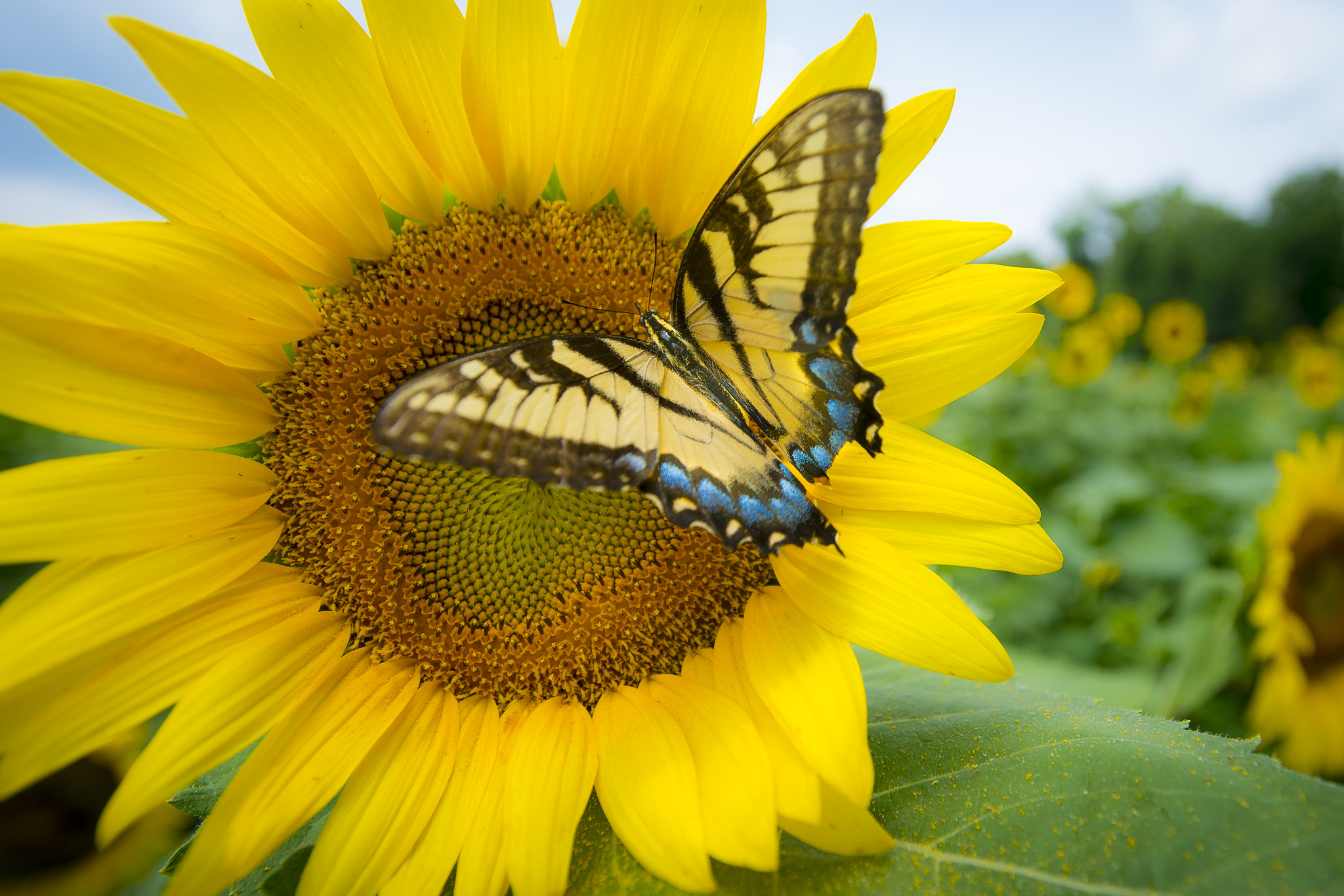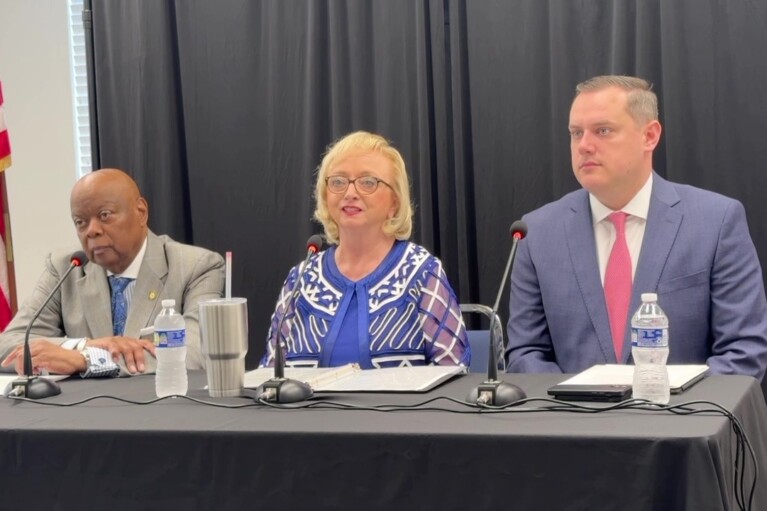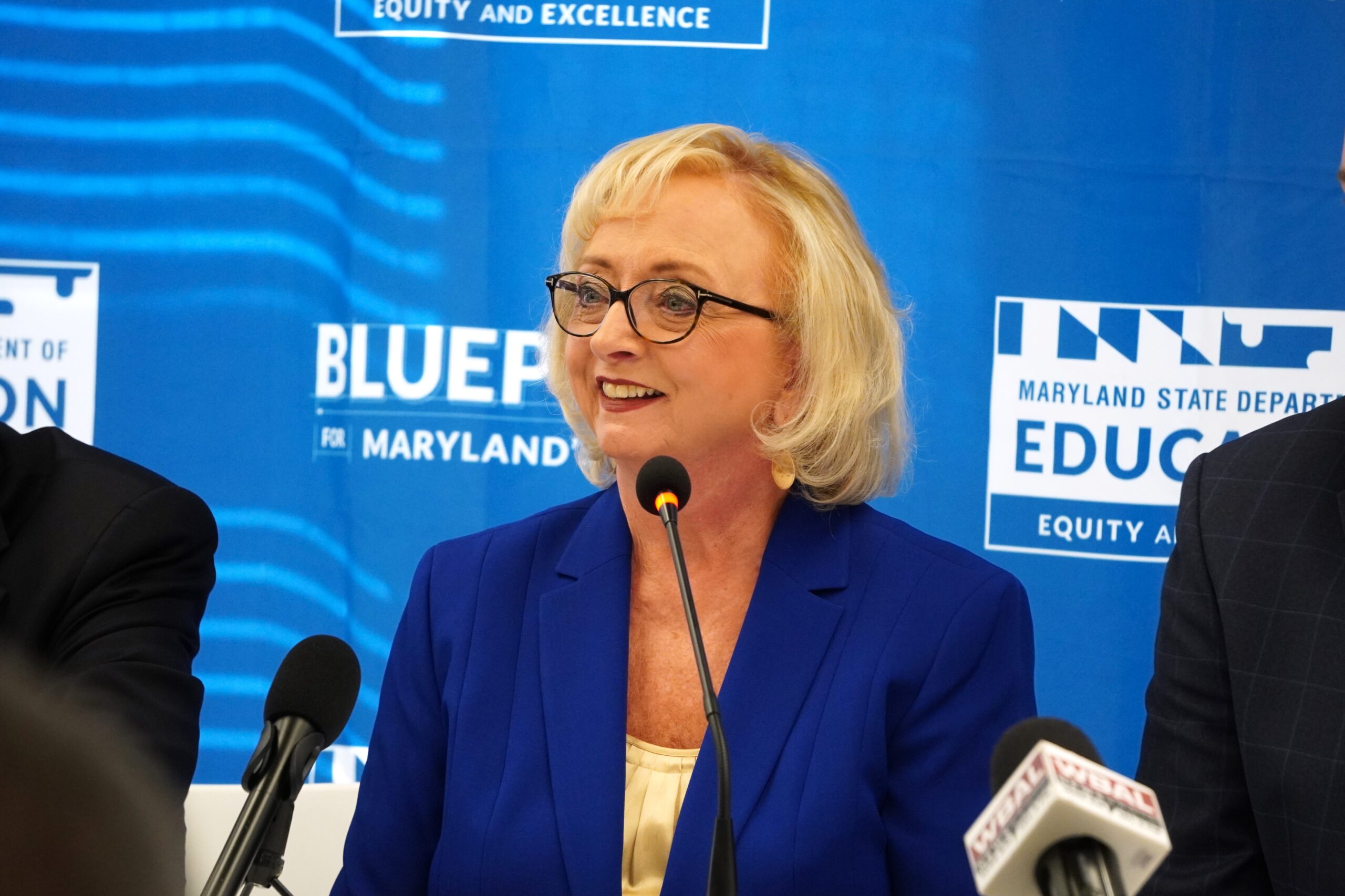USDA to provide $33M for agriculture projects at 19 HBCU land-grant institutions

The U.S. Department of Agriculture on Monday announced $33 million in funding to support research and education projects at 19 historically Black colleges and universities designated as land-grant institutions, including the University of Maryland Eastern Shore.
The funding through USDA’s National Institute of Food and Agriculture will support 82 projects in sustainable farming practices such as reducing use of plastics, enhancing nutritional value in vegetables and addressing shortages in sunflower seed oil.
“The work these universities will take on as a result of this funding have ripple effects far beyond the walls of their laboratories and classrooms,” Agriculture Deputy Secretary Xochitl Torres Small said in a statement.
Torres Small said the investments will help “deliver real-life, applicable solutions to make our food system stronger, while at the same time inspiring a next generation of students and scientists who will help us meet tomorrow’s agricultural challenges.”
1890 Land-Grant Institutions are a byproduct of a Civil War-era law that gave land to dozens of universities, including the HBCUs, but the land had been forcibly taken from Indigenous tribes. In total, nearly 11 million acres were taken from more than 250 tribes, according to a project published in High Country News.
“USDA looks forward to the impact these visionary projects will have in improving the supply of affordable, safe, nutritious and accessible food and agricultural products, while fostering economic development and rural prosperity in America,” National Institute of Food and Agriculture Director Manjit K. Misra said in a statement.
Many of the projects are geared toward sustainable practices in farming. U.S. agriculture contributes to about 11.2% of greenhouse gas emissions, and the Biden administration has focused on “climate smart” farming practices.
For example, one project at North Carolina A&T State University was awarded about $250,000 to conduct farm trials of biodegradable mulches, which would be an alternative to plastic mulch.
Another land-grant university in Wilberforce, Ohio, the Central State University, was awarded about $500,000 to explore the use of a perennial flower — meaning it comes back year after year — as a way to improve honey production in order to enhance sustainability practices in agriculture.
And in Nashville, a project at Tennessee State University was awarded $100,000 to evaluate climate resiliency in legume species, which are crops such as snow peas, chickpeas and lentils, that are crucial to fixing nitrogen into the soil to improve soil health.
The projects funded at the University of Maryland Eastern Shore include studies to improve the health of pasture-raised poultry, research beneficial microbes for soil health, and develop technology to detect Listeria during harvest of leafy greens. Five projects at the campus in Princess Anne will receive a combined total of more than $2.5 million.
A full list of projects can be found here, and the 19 land-grant universities sharing in the $33 million are:
Alabama A&M University
Alcorn State University
Central State University
Delaware State University
Florida A&M University
Fort Valley State University
Kentucky State University
Langston University
Lincoln University of Missouri
North Carolina A&T State University
Prairie View A&M University
South Carolina State University
Southern University and A&M College
Tennessee State University
Tuskegee University
University of Arkansas at Pine Bluff
University of Maryland Eastern Shore
Virginia State University
West Virginia State University
Danielle E. Gaines contributed to this report.




 Creative Commons Attribution
Creative Commons Attribution